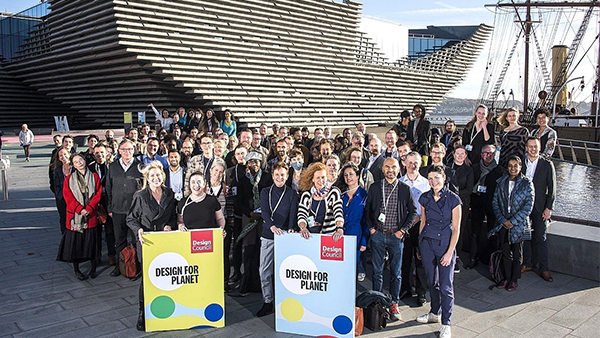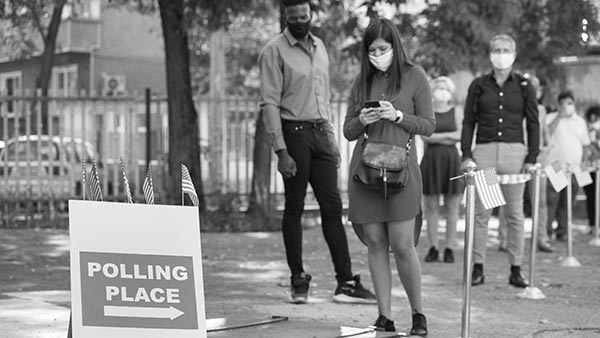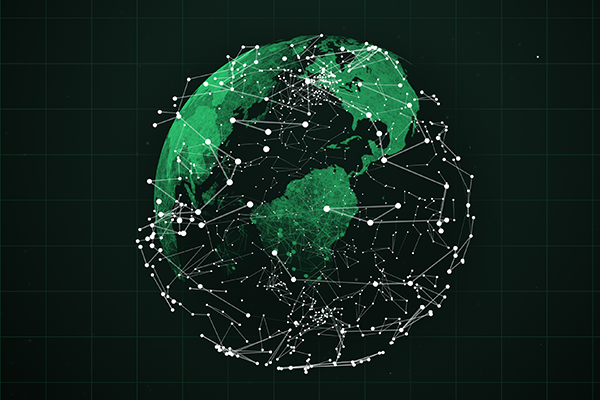About a decade ago, MIT, Stanford, and Oxford decided to upload many of their lectures online, for free to the entire world. It was remarkable, and it received a lot of press. But it wasn't only the big institutions that joined in the movement. In my mind, the seed of the true learning revolution had just started.
While I was studying to earn my BSc at the University of Verona, I couldn't help but noticing two discordant and dichotomous trends: many of my classmates were increasingly getting better at preparing for exams, but worse at understanding and learning new things.
Specialized knowledge for test preparation was selecting for and incentivizing a very narrow type of short-term memorization. At the same time, copious amounts of free, high-quality educational videos were being uploaded on the internet, and if you wanted you could receive a better education than school by studying on your own.
When I saw Salman Khan uploading short videos about basic maths on YouTube, I knew that it was the beginning of something great. It was 2011, I had been watching TED talks and lectures for quite some time, but I soon realized that a new wave of educators was about to hit the world.
Every now and then you're lucky enough to meet someone who has such a deep understanding of a subject, and is so incredibly clear and charming in explaining it, that you wish you could press a button and have millions of copies of them around. For the first time, these experts had found a voice and could reach millions of people instantaneously.
It was clear to me that we were in the middle of one of the most significant revolutions in education, and that my mission was to empower millions more find a place for learning and teaching anything, for free.
This was the idea behind konoz, which comes from the Esperanto verb ‘konos’, meaning ‘I will learn’. For the past fourteen months, a group of friends and I have been on a quest to create the best place on the internet for free education, and I am so incredibly excited by the response so far and the possibilities ahead.
Over the past ten years or so, as I became more and more disillusioned and disappointed by the news and the media, my confidence on independent experts and educators grew in inverse proportion. You must have heard about the recent events in the news regarding the Syrian refugee crisis. A lot of headlines and reports are thrown around – though there is often very little substance, and sifting through the pile of misinformation and politicised talk can be challenging. Last night I decided to gather the best educational videos I could find, and I put them together in a course, "Understanding the refugee crisis in Syria and Europe." Some of the videos I selected come from author John Green, Prof. Hans Rosling, and the excellent reports from VICE on Afghan and Syrian refugees in France and the UK. I will be adding more and more as I find them, and anyone following this course can see what I think a good perspective is on this very pressing issue.
This was an example of a curated course. Many of us are interested and curious about a subject, and although we might not be experts enough to teach it, we are pretty good at selecting the best and most relevant resources to understand it. This applies to anyone, be them a European citizen concerned with the lives of millions of refugees, a professional wanting to learn how to code, an NGO interesting in educating about their work, or a prestigious cultural institution committed to finding innovative practical solutions to today’s social challenges such as the RSA.
Over the past five years, I've been researching and educating about many social issues that are close to my heart. In 2012 I wrote a book on the impact of automation in the workforce and society, "Robots Will Steal Your Job, But That's Ok,"where I forecasted that almost half of all jobs would be irreversibly lost to machines within two decades. A year later, researchers from MIT and Oxford confirmed my results using various mathematical models, and I've been speaking to universities around the world ever since, focusing particularly on solutions such as basic income (on which I recently wrote a column for the New Scientist).
Those who initially attacked me, questioning my lack of credentials in Economics, later became dumbfounded, and could not understand how I could have done all this. Had they been paying attention to how education has been changing, they would have found it obvious.
My goal is simple: empower millions of people to find a voice, just like I did, by creating a place where all the best educational resources are neatly organized and categorized.
Given my quest to help spread more knowledge, culture, and understanding between people, it seemed fitting to make konoz completely free. My hope is that thousands of great educators, teachers, schools, NGOs, and institutions will find a voice, and will reach hundreds of millions across the world.
Please join me and many thousands of wonderful people at konoz in spreading free knowledge for everyone.
Related articles
-
A design revolution for the climate emergency
Joanna Choukeir
Joanna Choukeir on Design for Planet, the global gathering of designers during COP26, and the changes design must make.
-
US elections: the whole world is watching
Adanna Shallowe
The Caribbean’s experience shows how American policy affects us all.
-
The broader purpose of the environmental movement
Hila Chenzbraun Philipa Duthie
How can environmental movements tackle the climate crisis and social and racial injustice?




Be the first to write a comment
Comments
Please login to post a comment or reply
Don't have an account? Click here to register.